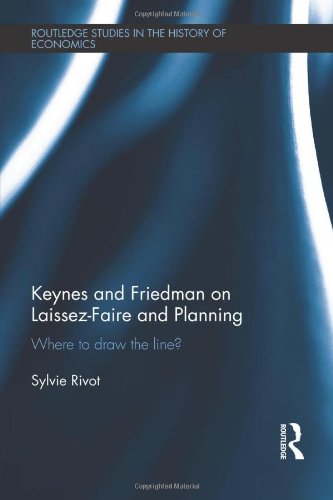

Most ebook files are in PDF format, so you can easily read them using various software such as Foxit Reader or directly on the Google Chrome browser.
Some ebook files are released by publishers in other formats such as .awz, .mobi, .epub, .fb2, etc. You may need to install specific software to read these formats on mobile/PC, such as Calibre.
Please read the tutorial at this link: https://ebookbell.com/faq
We offer FREE conversion to the popular formats you request; however, this may take some time. Therefore, right after payment, please email us, and we will try to provide the service as quickly as possible.
For some exceptional file formats or broken links (if any), please refrain from opening any disputes. Instead, email us first, and we will try to assist within a maximum of 6 hours.
EbookBell Team

4.4
72 reviewsThe 2008 crisis has revived debates on the relevance of laissez-faire, and thus on the role of the State in a modern economy. This volume offers a new exploration of the writings of Keynes and Friedman on this topic, highlighting not only the clear points of opposition between them, but also the places in which their concerns where shared.
This volume argues that the parallel currently made with the 1929 financial crisis and the way the latter turned into the Great Depression sheds new light on the proper economic policy to be conducted in both the short- and the long-run in a monetary economy. In light of the recent revival in appreciation for Keynes’ ideas, Rivot investigates what both Keynes and Friedman had to say on key issues, including their respective interpretations of both the 1929 crisis and the Great Depression, their advocacy of the proper employment policy, and the theoretical underpinnings of the latter. The book asks which lessons should be learnt from the Thirties? And what is the relevance of Keynes’ and Friedman’s respective pleas for today?